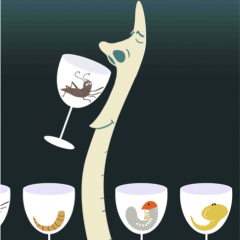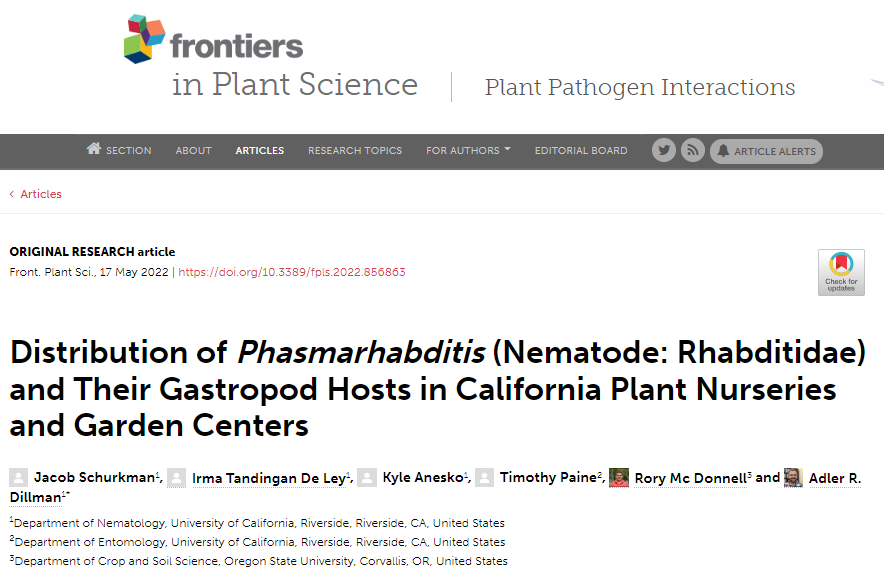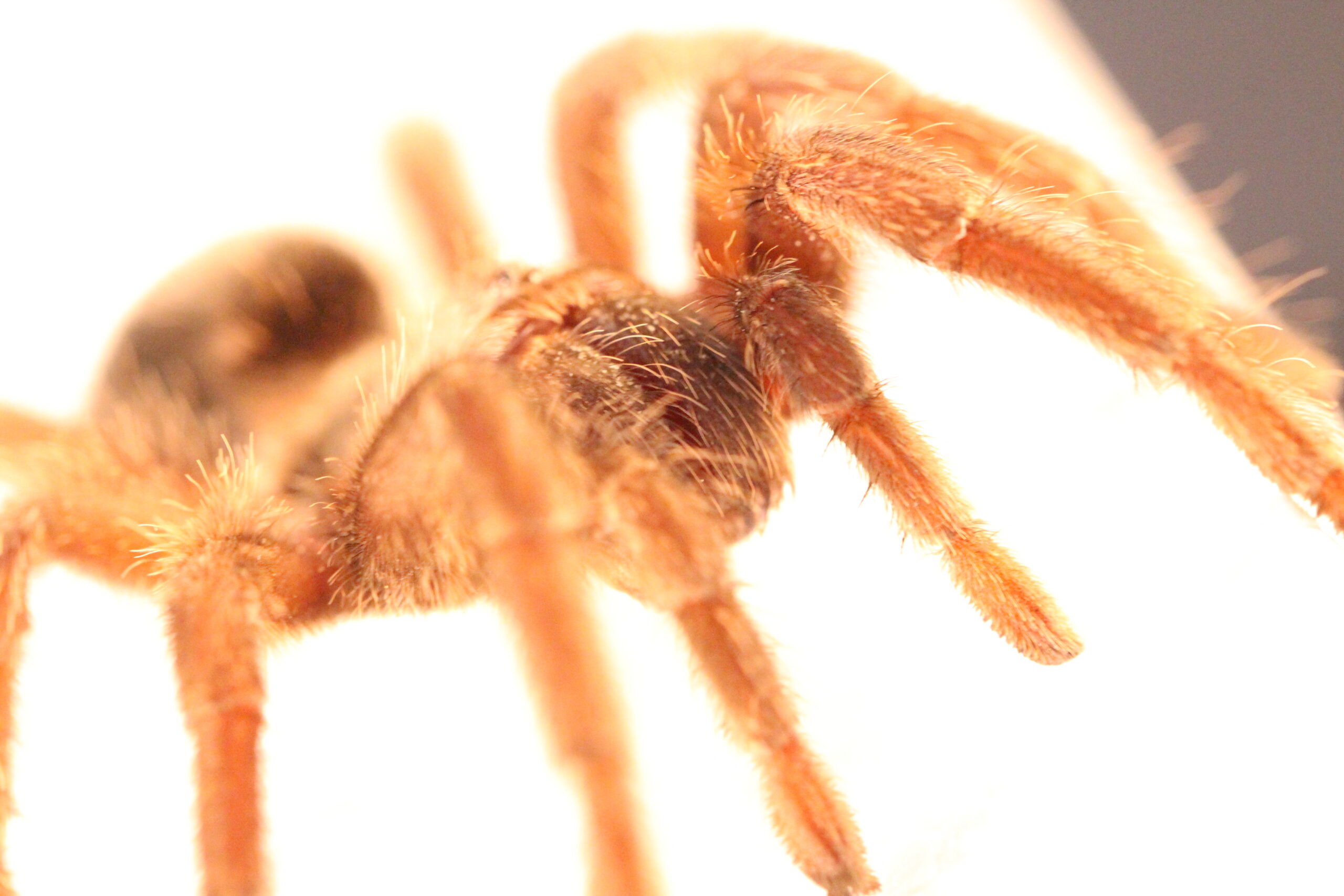
Parasitic nematodes release a wide variety of proteins into their hosts to manipulate host biology. One family of proteins that is released by Steinernema carpocapsae are the ShK-domain-containing proteins. It was previously not known how these proteins function during a nematode infection. Graduate student Aklima Lima reported that one of these proteins released from S. carpocapsae during infection modulates host immunity by decreasing host resistance to infection. In addition to evaluating how the protein affects fly survival, she also employed some behavioral assays to assess fly health in a more sensitive way. The results were published this week in Pathogens and represents the first published results from Aklima’s graduate work.








